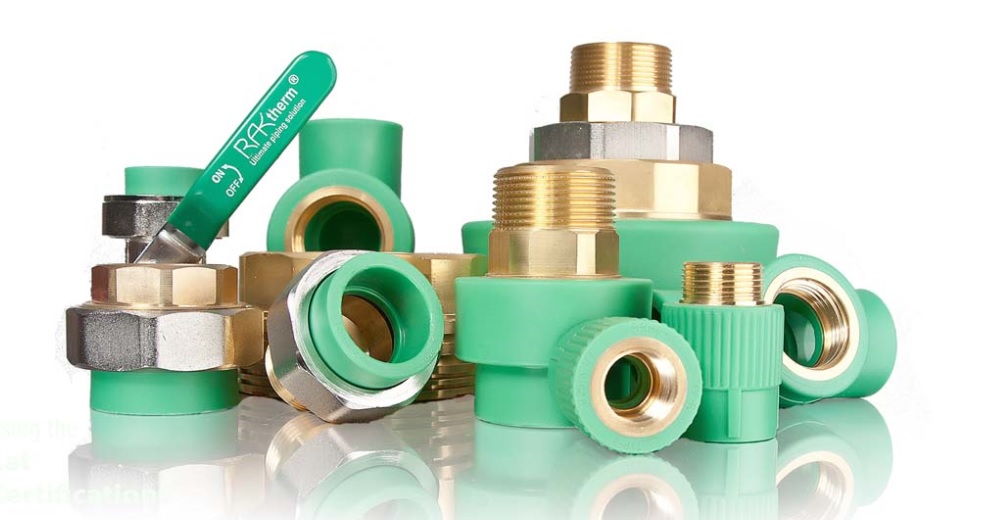- Introduction to PPR Pipes and Their Manufacturers
Polypropylene Random Copolymer (PPR) pipes have become a staple in the plumbing and construction industries due to their superior qualities, including high resistance to heat and pressure, non-corrosive nature, and long-lasting durability. PPR pipes are essential for water supply systems, heating systems, and industrial fluid conveyance. The manufacturers of these pipes play a crucial role in ensuring the delivery of high-quality and reliable piping solutions. Leading PPR pipe manufacturers have set industry standards through continuous innovation, strict quality control, and adherence to global norms, thus transforming the landscape of modern plumbing and industrial piping.
- Innovation and Technology in PPR Pipe Manufacturing
Innovation is at the heart of the PPR pipe manufacturing industry. Top manufacturers invest heavily in research and development to enhance the performance and reliability of PPR pipes. Advanced manufacturing technologies, such as computer-aided design (CAD) and automated production lines, enable precise control over pipe dimensions and properties. The use of high-quality raw materials and sophisticated testing equipment ensures that each pipe meets stringent quality standards. Additionally, manufacturers are exploring eco-friendly production methods, including recycling processes and energy-efficient machinery, to reduce the environmental footprint of PPR pipe production. These innovations not only improve the product but also contribute to the sustainability of the industry.
- Quality Assurance and Standards Compliance
Quality assurance is a cornerstone of the PPR pipe manufacturing industry. Leading manufacturers implement rigorous quality control measures at every stage of the production process, from raw material selection to the final product inspection. Compliance with international standards, such as ISO, DIN, and ASTM, is mandatory for top-tier manufacturers. These standards ensure that PPR pipes possess the necessary mechanical and thermal properties to perform reliably under various conditions. Manufacturers also subject their products to extensive testing, including pressure tests, thermal cycling tests, and chemical resistance tests, to verify their durability and performance. This commitment to quality ensures that customers receive products that are safe, reliable, and fit for purpose.
- Market Presence and Impact of Leading Manufacturers
The global presence of leading PPR pipe manufacturers has a significant impact on the plumbing and construction industries. Companies like Wavin, Aquatherm, and Georg Fischer have established themselves as industry leaders, providing comprehensive piping solutions to customers worldwide. Their extensive distribution networks, robust supply chains, and strategic partnerships with distributors and contractors ensure that high-quality PPR pipes are readily available for various applications. Moreover, these manufacturers often engage in educational initiatives and training programs to promote best practices in pipe installation and maintenance. By doing so, they not only enhance the skills of industry professionals but also contribute to the overall improvement of plumbing and industrial piping systems.
Conclusion
PPR pipe manufacturers are at the forefront of the plumbing and construction industries, driving innovation, ensuring quality, and setting global standards. Through their dedication to research and development, stringent quality control, and extensive market presence, they provide reliable and sustainable piping solutions that meet the evolving needs of modern infrastructure. As the demand for durable and efficient piping systems continues to grow, the role of PPR pipe manufacturers will remain pivotal in shaping the future of plumbing and industrial applications.pert pipe
